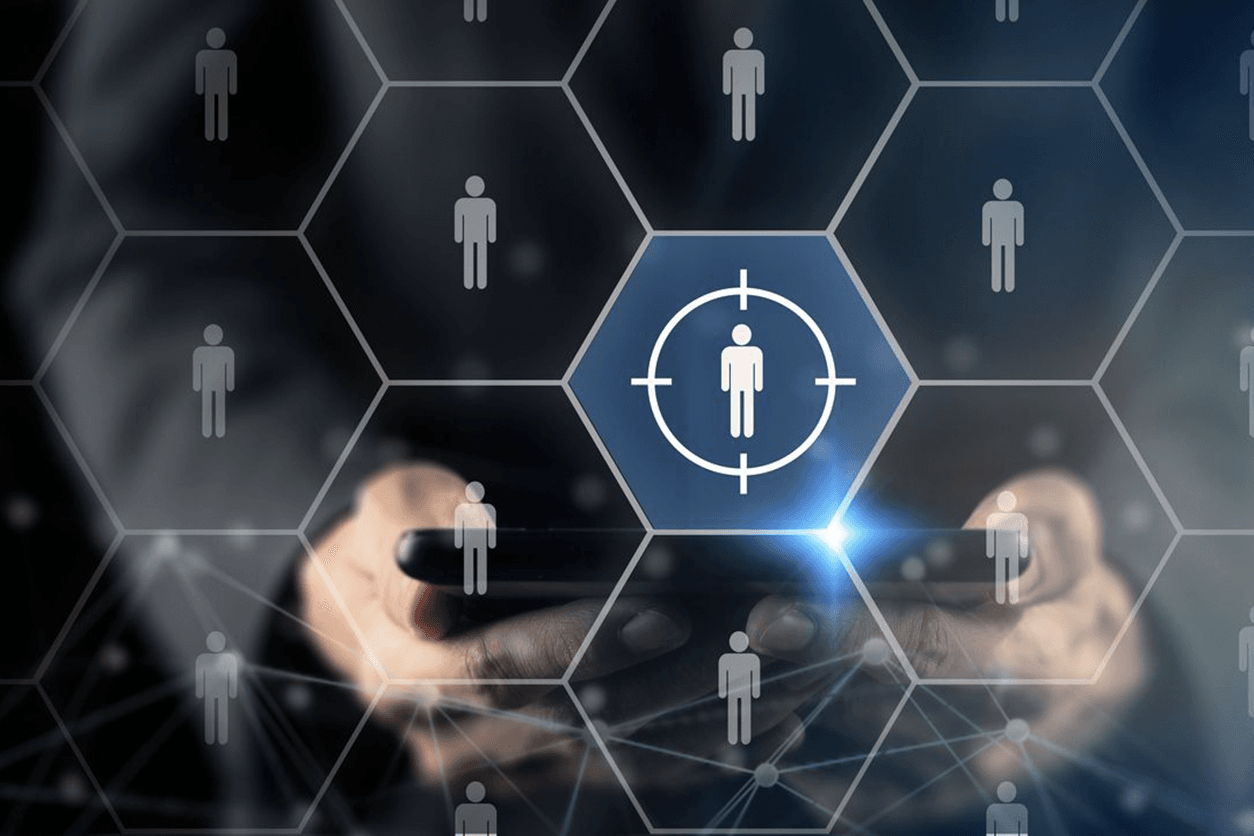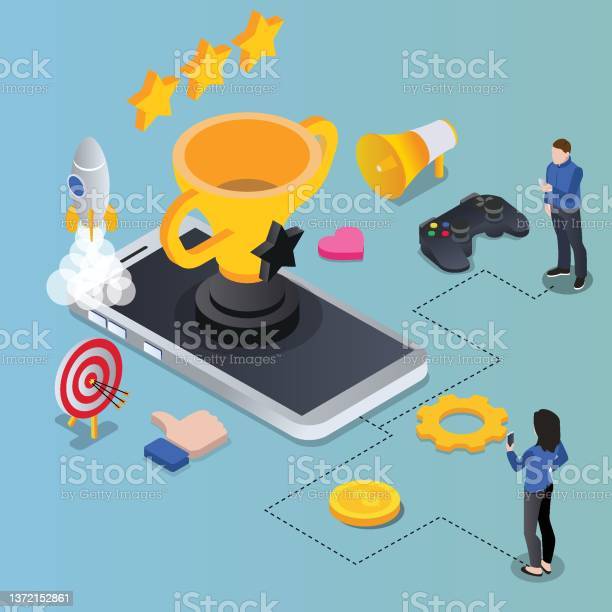Mobile Apps And Personalization Through Gamification

Gamification has gone mainstream for businesses, brands, and consumers. It has found its way into groundbreaking scientific projects and presidential elections. Done right, gamification produces undeniable results and will remain a cultural force for years to come.
There are a lot of new territories that gamification is poised to break into in the upcoming years. The mass appeal of the multi-generational workforce Millennials, Gen X, Gen Y, and Gen Z are all contributing to the workforce at the same time. We are now at a point in civilization unknown for successive periods in terms of the number of workers of different ages sharing the same labor force. We need to establish a system that can handle it altogether. It turns out that game mechanics are the unifying factor that all generations of workers can agree on. Game-oriented business systems in today's digital age ensure that the learning process is exciting and fun for young and old alike. Personalization and gamification
Personalization is key in the area of long-term gamification efforts. Whether for learning purposes, ongoing competition within marketing campaigns, or business platform structures, personalization drives user engagement and engagement in gamification structures. An important aspect of all this is that people who put a lot of time and effort into a task want to make sure that every milestone reached is recognized, recorded, and identified with the individual user.

In recent times, many organizations have started embracing the benefits of personalization as part of their task-based practices. The concept of personalization will continue to be refined and strengthened over time and will see a big step forward in how gamification initiatives are built around personalization. In the future, organizations will be able to implement e-learning gamification and personalized learning experiences. There, AI and machine learning can analyze and predict the learning process and integrate appropriate gameplay elements to suit individual learner preferences. After understanding a learner's existing knowledge level, machine learning capabilities can recommend customized and personalized learning paths and even assign gamification elements accordingly.
The ability to reconfigure content based on user preferences and personalized incremental feedback will be game changers for years to come. This is a feature that, once proven and established, will become an expected standard feature in all future initiatives.
By now, you've probably realized that gamification can be a powerful tool for increasing app user engagement. If you want to create a gaming experience for your own app, our game builder system, Reward Rally, makes it easy to add games and rewards that will engage and entertain your users.